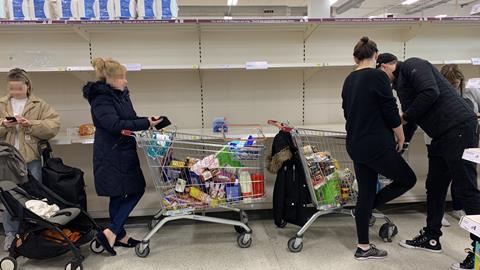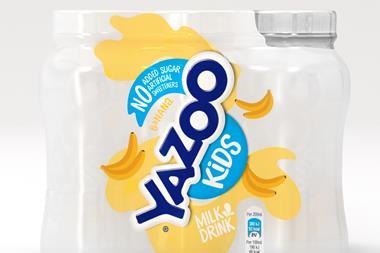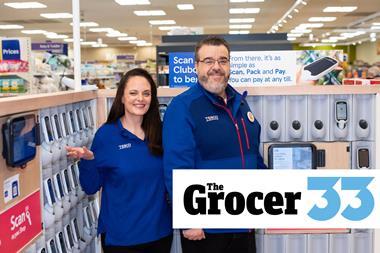
The government has accused the media of exaggerating reports of panic buying in supermarkets as it denied being unprepared for the impact of the Covid crisis on the food supply chain.
In its response to the Efra committee inquiry into the crisis, published today, ministers also ignored calls for the creation of a minister for hunger and denied they had been too slow to react to the crisis, contributing to millions of vulnerable people facing food insecurity.
The Efra committee’s report, published in July, said that given the risks posed by a second wave of Covid-19 and the end of the Brexit transition period in January, there was a need as “a matter of great urgency” for ministers to draw up plans to prevent future shortages and improve distribution to vulnerable groups.
In its response, the government sought to downplay the panic buying seen in March, claiming reports had been overblown by the press – despite all supermarkets having been forced to bring in draconian measures to limit purchases as shelves were emptied of a raft of food products.
“In the UK, consumer purchasing of certain products surged in the weeks leading up to lockdown, with number of visits and basket size increasing significantly,” it said. “This was portrayed in the mainstream media, and on social media, as the result of panic buyers stripping shelves of all available products.
“The reality was that a much more complex combination of behaviours led to demand for certain longer-life products and staples, such as pasta, outstripping retailers’ ability to restock their stores.”
The inquiry had called for the appointment of a cross-departmental ‘minister for food security’, a call backed by organisations including the FDF, after it accused ministers of failing to anticipate the impact of the crisis on the food supply chain as well as redistribution to charities and food banks on the ground.
However, the government’s response commits only to “continue to monitor” food insecurity as part of a new requirement under the agriculture bill to lay a report on food security before parliament at least once every three years.
Meanwhile, it committed to respond to the national food strategy, not expected until 2021, within six months
The Defra committee inquiry accused ministers of failing to listen to retailers’ warnings that their online capacity at the time of lockdown was insufficient to cope with demand for food during the crisis, which led to online grocery operations across the board facing massive capacity issues.
However, ministers claimed they had listened to retailers and adapted their message to the pubic.
”The pressure on these services and the resultant impact on the most vulnerable groups was something that retailers made clear during ongoing engagement with government departments,” it said.
”Initial messaging highlighted online delivery services as one of the options people could take to access food and other essentials. In response to feedback from industry, we adapted public messaging to encourage people to shop in store where possible and to help vulnerable friends, families and neighbours by offering to shop on their behalf.
“This brought government messaging back in line with communications from retailers to their customers. “
The government also denied the inquiry’s claim that it had been too slow to issue guidance on the protection of workers in the food industry, a claim which was backed by a raft of industry groups furious at the slow response.
It said the government guidance, in collaboration with PHE, had been “developed in a rapidly evolving landscape and is informed by new information, including science, statistics and rates of infection”.
There was also no hoped-for confirmation of new funding to food redistribution charities, with the committee having called on the government to commit to extending the £5m annual funding to FareShare.
Instead, ministers stressed the more than 6,000 tonnes of food redistributed by charities including FareShare was less than 0.1% of all food waste post-farmgate, showing “much more needs to be done to tackle food waste at all stages in the supply chain”.
The government said it was working with the industry to learn from the Covid-19 response
“We will use the experience gained from the unprecedented situation we faced in March 2020, to tailor our communications and how we work with industry to deliver better aligned and joined-up communications in response to similar scenarios in the future,” it said.
However, Efra committee chair Neil Parish MP accused the government of not taking the impact of the pandemic on food suppliers seriously enough.
”During the first wave of the pandemic, we saw how government was able to move rapidly to help redistribute surplus food, and provide packages to those shielding, but we are now facing a winter in which the economic impact of the virus will be felt ever more sharply.
“The food industry and retailers have told us repeatedly that the end of the Brexit transition period in December poses a much bigger risk to our food supplies than Covid did. “



















No comments yet